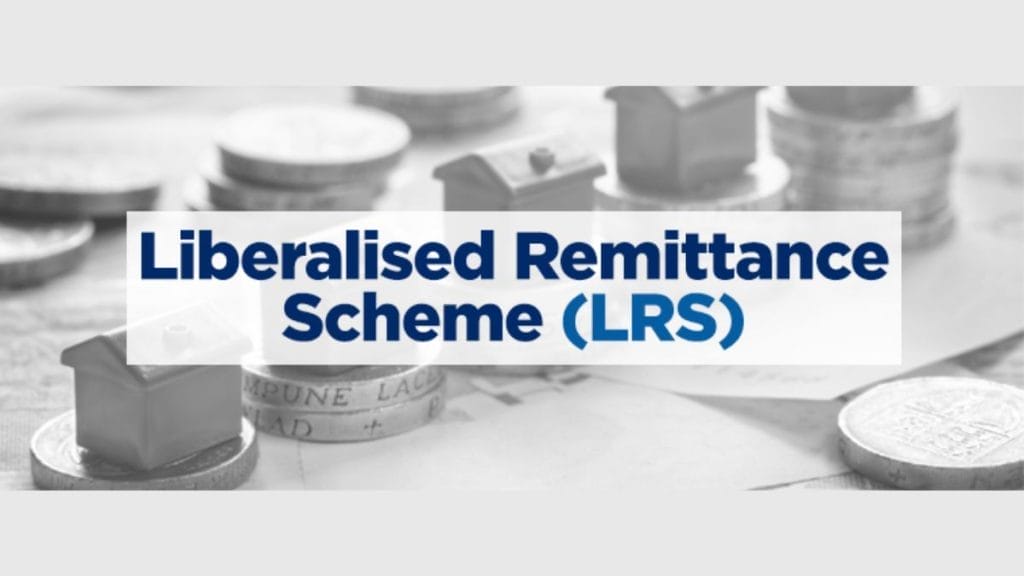New Delhi: The inclusion of credit card expenditures in foreign currency under the RBI’s remittance scheme has recently been announced by the Union Finance Ministry. This decision, outlined in the Foreign Exchange Management (Current Account Transactions) (Amendment) Rules, 2023, now incorporates international credit card payments within the RBI’s Liberalised Remittance Scheme (LRS). Previously, the usage of international credit cards for payments made during travel outside India did not fall under the LRS limit.
According to a notification issued by the Finance Ministry on May 16, Indian residents are permitted to remit up to a maximum of $2.50 lakh per year abroad without requiring authorization from the RBI. However, any remittance exceeding this limit or its equivalent in foreign currency necessitates approval from the RBI. The LRS enables residents to utilize funds abroad up to the specified ceiling for various purposes such as travel, education, medical treatment, purchasing securities, and acquiring physical assets.
In the Budget for the fiscal year 2023-24, the TCS (Tax Collected at Source) rates have also been increased from the current 5 percent to 20 percent on overseas tour packages and funds remitted under the LRS, excluding those intended for education and medical purposes. These new tax rates will be effective from July 1, 2023. This move is expected to have a significant impact on high net worth individuals who tend to spend substantial amounts during foreign visits, as they will now require approval from the RBI to exceed the limit. The requirement for RBI approval ensures that details of such overseas expenditures are reported to the authorities. The RBI’s cap of $250,000 on the LRS aims to conserve foreign exchange, regulate foreign investment by individuals, and prevent the outflow of capital. Additionally, it supports efforts to combat money laundering, which has been a key focus of the current government.
The government has been actively working to enhance oversight of transactions by improving its data-gathering mechanisms. As per Deepak Shenoy, the Founder-CEO of investment research and wealth management startup Capitalmind, every international credit card transaction made by an individual will now be subject to LRS limits. This means that until July 1, there will be a 5 percent TCS, which will increase to 20 percent tax collected at source thereafter. Jyoti Prakash Gadia, the Managing Director of Resurgent India, emphasized that the notification issued by the Ministry of Finance regarding the Foreign Exchange Management rules will have far-reaching implications on foreign exchange transactions.
Consequently, personal transactions involving foreign exchange, such as expenses, gifts, and medical treatment, will be subject to a ceiling of $2.50 lakh. Any amount exceeding this limit will require RBI approval. This imposition of restrictions aims to scrutinize and conserve such expenses incurred during foreign travel.





